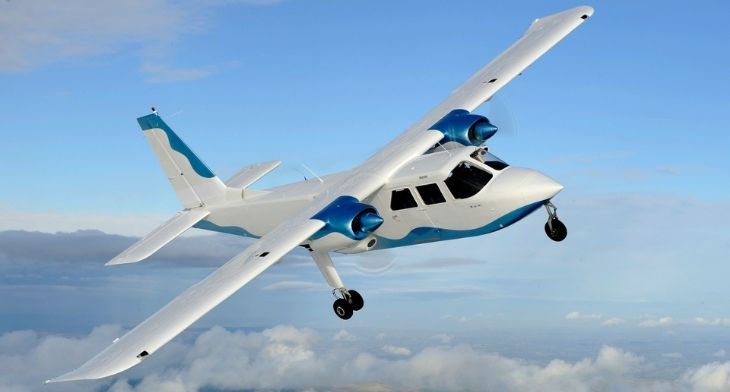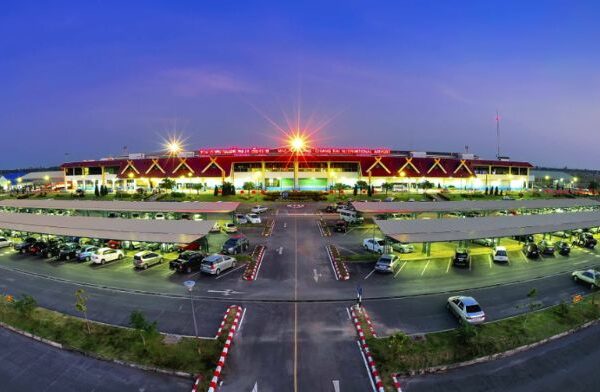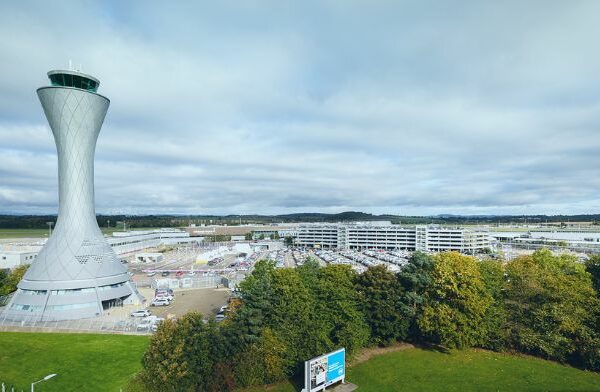


As part of the UK Government’s Future Flight Challenge, a consortium of British SMEs and academics have formed Project HEART (Hydrogen-Electric & Automated Regional Transportation) to develop a UK wide fully sustainable and scalable air transport network: increasing the number of regional airports and reducing the cost of flights, while contributing to the UK’s net-zero targets.
Members of the project, led by Blue Bear Systems, include regional airport group Highlands and Islands Airports, architect firm Weston Williamson + Partners, aircraft manufacturer Britten-Norman, hydrogen-electric powertrain developers ZeroAvia, green hydrogen experts Protium, regional airline Loganair and satellite communications authority Inmarsat.
The consortium will work on the project over five years to create the foundation for a fully sustainable and scalable commercial aviation network that could connect the whole of the UK. The project will focus on transforming 9-19 passenger capacity aircraft and utilise up to 100 licensed General Aviation airfields around the UK. Each member of HEART will focus on tackling a specific issue including expanding regional airports, increasing the frequency of services, cutting carbon emissions to zero and reducing costs to operators and passengers.
As the UK’s only sovereign commercial aircraft manufacturer Britten-Norman will work with Blue Bear Systems to automate the Islander – which is known as a rugged workhorse serving a variety of roles from passenger and cargo transport to medevac and search and rescue. Its adaptability, as well as short take-off and landing abilities, has made it the backbone of communities around the world.
A zero-carbon aircraft able to offer higher frequency services, with more day return scheduling and reduced travel times, could become a significant rival to road and rail journeys. This is critical to the UK’s levelling up agenda, improving transport links between the UK’s regions and cities.





